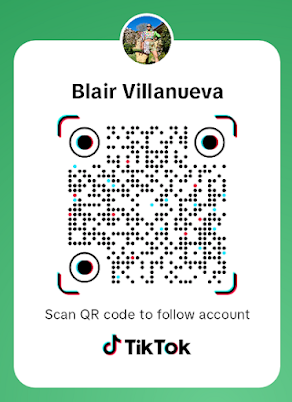Online shopping is steadily increasing in popularity, and it’s not surprising since this mode of purchasing offers numerous advantages. Aside from the opportunity to buy anything you want at any time from any place with internet access, shopping online provides you with a wide selection of products, even those that may be difficult to find in local stores. With the help of companies that offer international shipping to the Philippines, you can purchase books, beauty products, and even snacks from your favorite online shops nearly anywhere in the world and have them delivered to your doorstep.
While internet shopping offers plenty of benefits, there’s also a risk of falling prey to online shopping scams. Banks, electronic wallet services, and even government institutions are more active than ever in warning the public about digital fraud attempts. Apart from being extra cautious to avoid getting ripped off by sellers with fake or poor-quality products, shoppers also need to keep an eye out for fraudulent online retailers. These bogus e-commerce websites can copy the look of real stores and collect your financial data to hack into your bank accounts. If you need help differentiating between the two, watch out for these seven signs that an online store is fake so you can protect yourself—and your money.
Misspelled Words or Bad Grammar in the Web Address
Before you sign up or add items to your cart, inspect the web address to ensure that you’ve landed on your intended site. Many fraudulent online shops have web addresses that appear almost similar to the official URLs of legitimate stores, but you’ll probably notice something amiss when you look more closely. Sometimes the spelling or grammar is off even if the website’s design looks genuine. For instance, if you want to shop at a store with the URL “toyland.com,” fake sites may read “toysland.com” or “toyland.net.”
The URL Starts with “HTTP”
Perhaps this is the easiest way to spot an unreliable or illegitimate e-commerce site. Remember, the URL should begin with “HTTPS.” Without the “S,” which stands for “security,” any data passed between you as the consumer and the web server can be leaked or intercepted by others. Imagine the risk if you input sensitive information like personal and financial details into such e-commerce sites. So, don’t forget to examine the URL to verify if the site is secure. You can also use a website checker to confirm if the website is legitimate or not.
You See a Message Asking for Financial Information
If you receive an email or a pop-up message asking for your financial details while browsing the online store, delete the email or close the website tab immediately. Otherwise, cybercriminals might be able to steal your financial information and use it for malicious activities, like withdrawing money from your bank account. Keep in mind that legitimate online retailers wouldn’t ever request information in this way.
Nonexistent or Limited Contact Information
Consider it a major red flag if the online store doesn’t have a physical address, phone number, and other contact details on its website. Be wary of sites that merely provide random email accounts or fill-in contact forms as their only customer support option. Remember, anybody can readily create a virtual shop and an email account, so it’s very easy to pose as an online seller.
Questionable Payment Options
Legitimate online retailers offer multiple secure payment options, from cash on delivery and pay later to using credit and debit cards. That’s because they want to build trust and create a seamless shopping experience for their customers.
On the other hand, fraudsters only care about duping you to get money, so they’ll most likely offer non-traceable, irreversible, and somehow unusual payment methods. Perhaps they’ll force you to pay via money order, wire transfer, gift cards, or electronic currency like Bitcoin, as it will be more difficult to recover your money when sent through such avenues.
Offers Products at Significantly Lower Prices Than Other Stores
One of the best things about online shopping is that you can score plenty of amazing deals and discounts. However, you should know the difference between cheap and ridiculously cheap. If you find a shop offering items at unreasonably lower prices compared to other e-commerce sites, there’s a high chance that the store is a sham or selling counterfeit or substandard products.
Nonexistent Return Policy
You may also want to check the online store’s return or refund policy to ascertain its legitimacy. If you can’t find any guidelines on the website or the policy seems vague or sketchy, the site is most likely a scam. After all, reputable online stores provide a transparent return and exchange policy to assure their buyers that the transaction is in good faith. If you can’t readily reach out to the seller to replace defective goods according to existing laws on consumer rights, avoid buying from that store.
The signs above are just a few of the things you should look out for to spot fraudulent online stores. Keep them in mind and continue being vigilant. As much as possible, opt to purchase from retailers you’re already familiar with, and never save your credit card details on your web browser for your own protection. If you sense that something’s off, err on the side of caution and leave the site. You’ll likely be able to find the item you need from a different seller, so don’t feel compelled to buy from someone who doesn’t have your confidence.

























Post a Comment